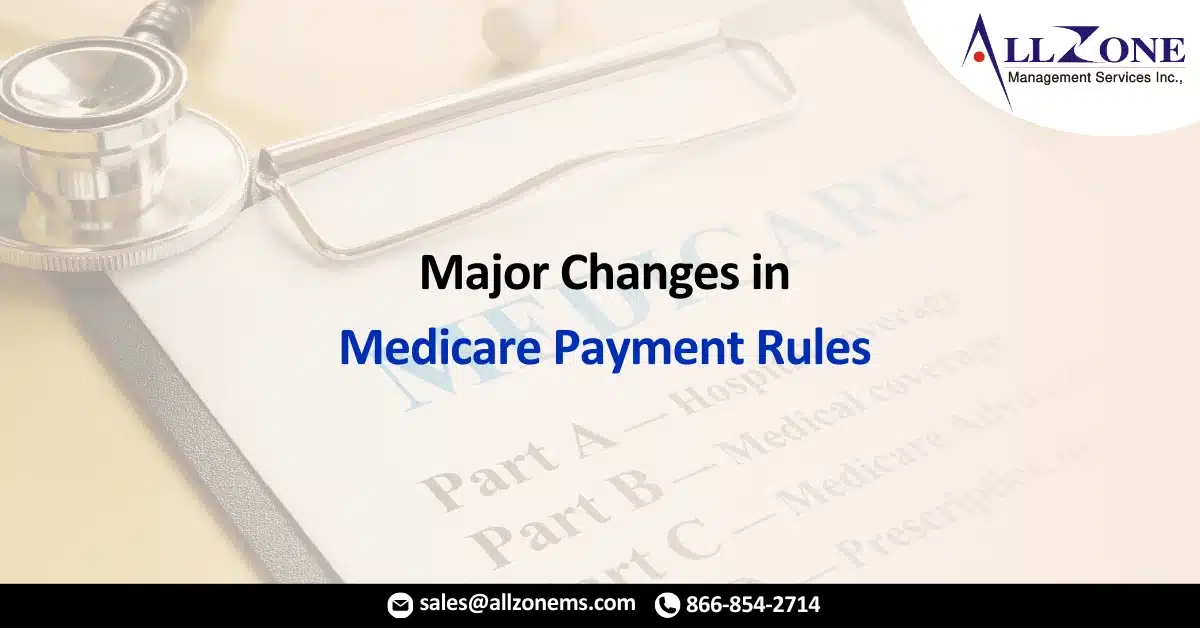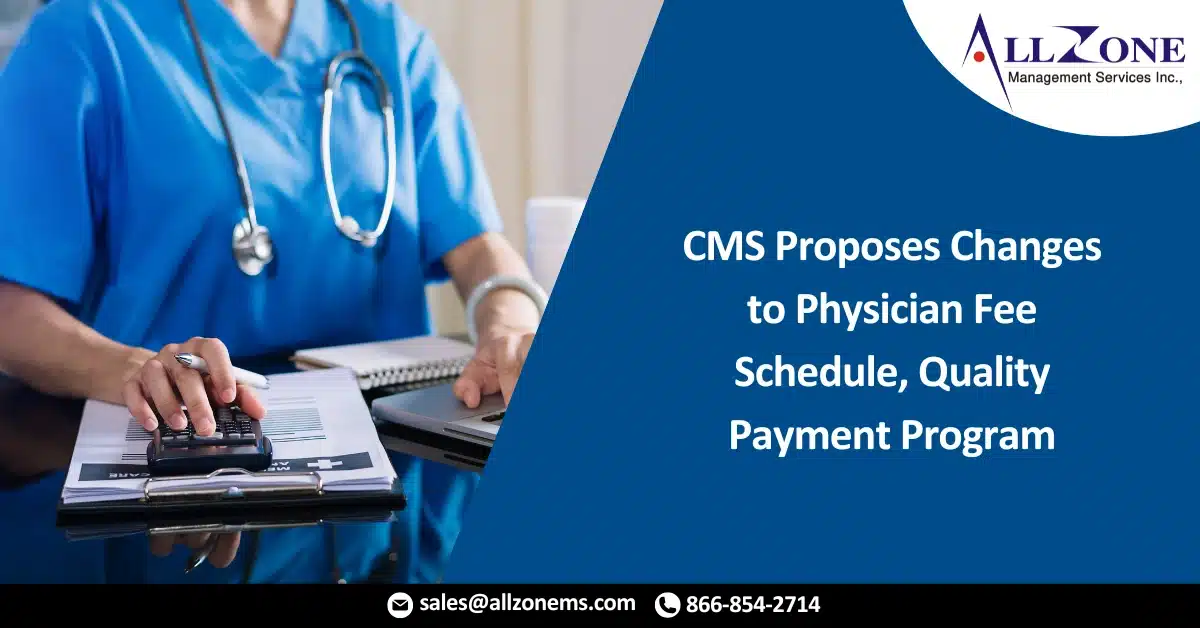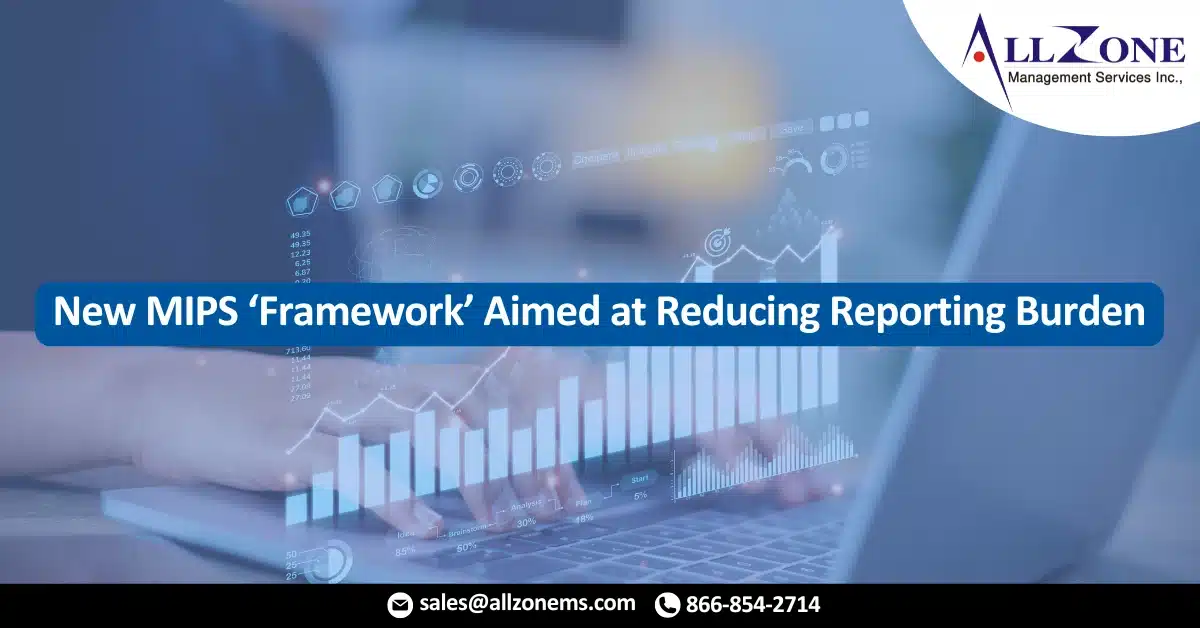The new Plan Finder walks users through the Medicare Advantage plan and Part D enrollment process from start to finish. For the first time in a decade, the Centers for Medicare and Medicaid Services has launched a modernized and redesigned Medicare Plan Finder. The Medicare Plan Finder, the most used tool on Medicare.gov, allows users to […]
The Centers for Medicare & Medicaid Services (CMS) knows that a significant amount of money is being overpaid to insurance companies in the Medicare Advantage program, but they have yet to recover these overpayments. That’s about to change. CMS says it will increase the audits being performed on Medicare Advantage risk-adjusted code submissions and apply […]
On Aug. 15, 1935, Will Rogers died in a plane crash near Point Barrow, Alaska. He is an Oklahoma legend and one of the best political satirists and commentators ever. I often wonder what his commentary would be on the state of U.S. politics in 2019. As an aside, Oklahoma City has two airports named […]
Changes to payment, coding, and documentation policies for evaluation and management (E/M) services finalized in the 2019 Physician Fee Schedule (PFS) final rule are necessary to align with the American Medical Association’s (AMA) revisions to the 2021 CPT code set for office/outpatient E/M visits, according to the Centers for Medicare & Medicaid Services (CMS). The proposed policy changes for E/M visits are […]
Final rules will impact nearly every type of healthcare provider. The Centers for Medicare & Medicaid Services (CMS) presented us with quite a number of Medicare payment rules in the last week or so, referencing almost every type of provider in the program. The final rules included the Fiscal Year (FY) 2020 Medicare Hospital Inpatient […]
The Centers for Medicare & Medicaid Services (CMS) is proposing changes to the Medicare Physician Fee Schedule (PFS) and the Quality Payment Program as part of its effort to reduce provider burden. “Clinicians are drowning in paperwork and reporting requirements caused by cumbersome government rules and regulations,” said CMS Administrator Seema Verma in a press […]
CMS recently proposed Merit-Based Incentive Payment System changes in 2020 and beyond, including a new participation framework and higher performance thresholds. CMS is planning to overhaul reporting for the Merit-Based Incentive Payment System (MIPS) in order to make the pay-for-performance program less burdensome and more meaningful to providers, according a recently proposed rule. As reported last week, […]
The Trump administration has proposed updates to the Merit-based Incentive Payment System (MIPS) it says would ease the quality reporting burdens in the program. The Centers for Medicare & Medicaid Services (CMS) introduced a new framework for MIPS called MIPS Value Pathways (MVPs) with the goal of making it easier for physicians to participate in the program. Under […]
The agency dropped proposals for three key payment programs aimed at cutting administrative burden and boosting price transparency. CMS has released three new proposed payment programs that aim to reduce administrative burden, put patients over paperwork, and increase price transparency for patients, the agency said in a statement emailed to journalists. Specifically, CMS has proposed […]
Healthcare organizations have a tremendous opportunity to harness artificial intelligence in an area that may not seem flashy but is important nonetheless: revenue cycle management. Although 94 percent of companies firmly believe AI can give healthcare organizations a “massive competitive advantage,” according to Change Healthcare’s Adam Sullivan, PhD, less than 5 percent have extensively incorporated […]










